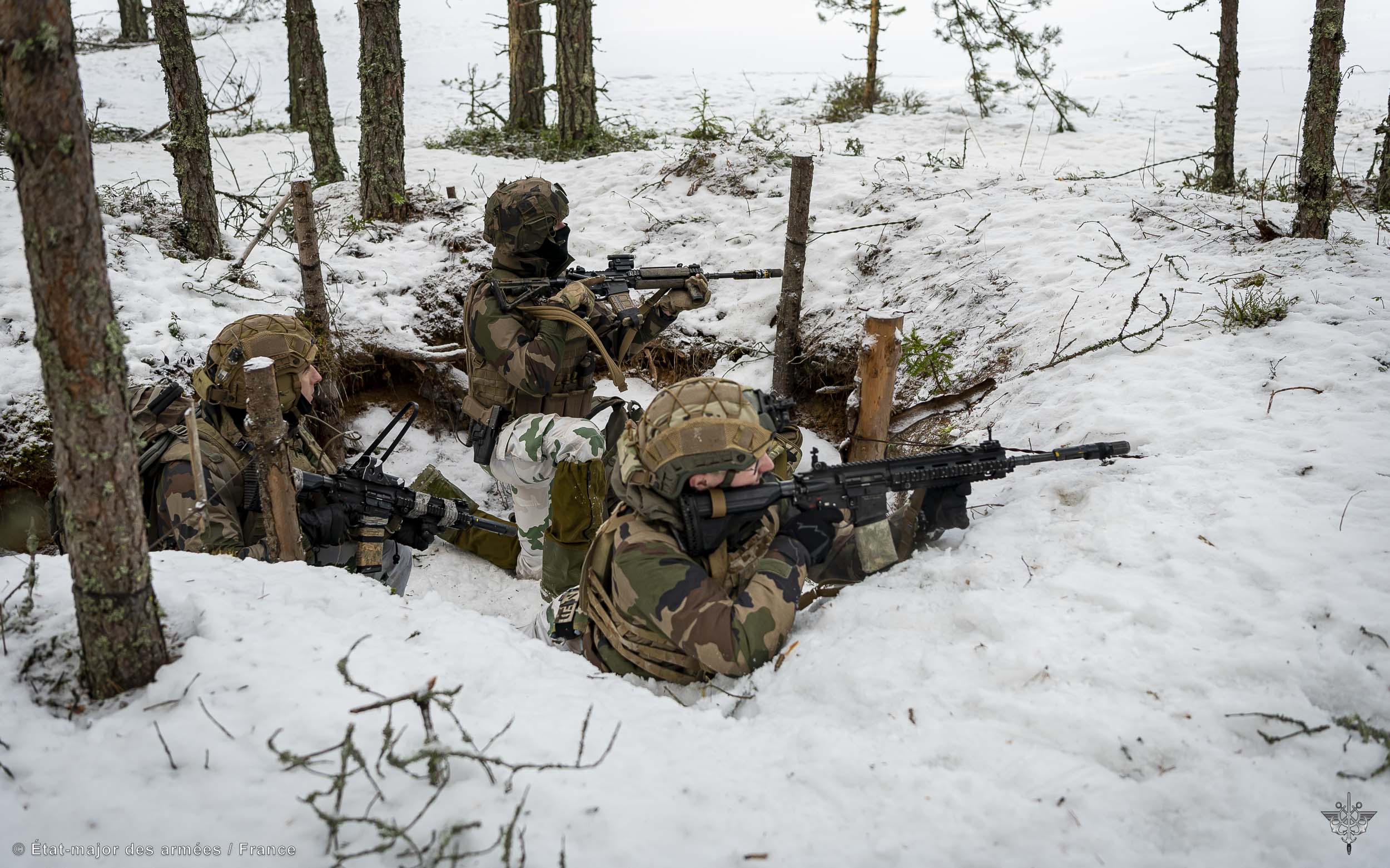Security Studies Center
Heir to a tradition dating back to the founding of Ifri, the Security Studies Center provides public and private decision-makers as well as the general public with the keys to understanding power relations and contemporary modes of conflict as well as those to come. Through its positioning at the juncture of politics and operations, the credibility of its civil-military team and the wide distribution of its publications in French and English, the Center for Security Studies constitutes in the French landscape of think tanks a unique center of research and influence on the national and international defense debate.
Read more

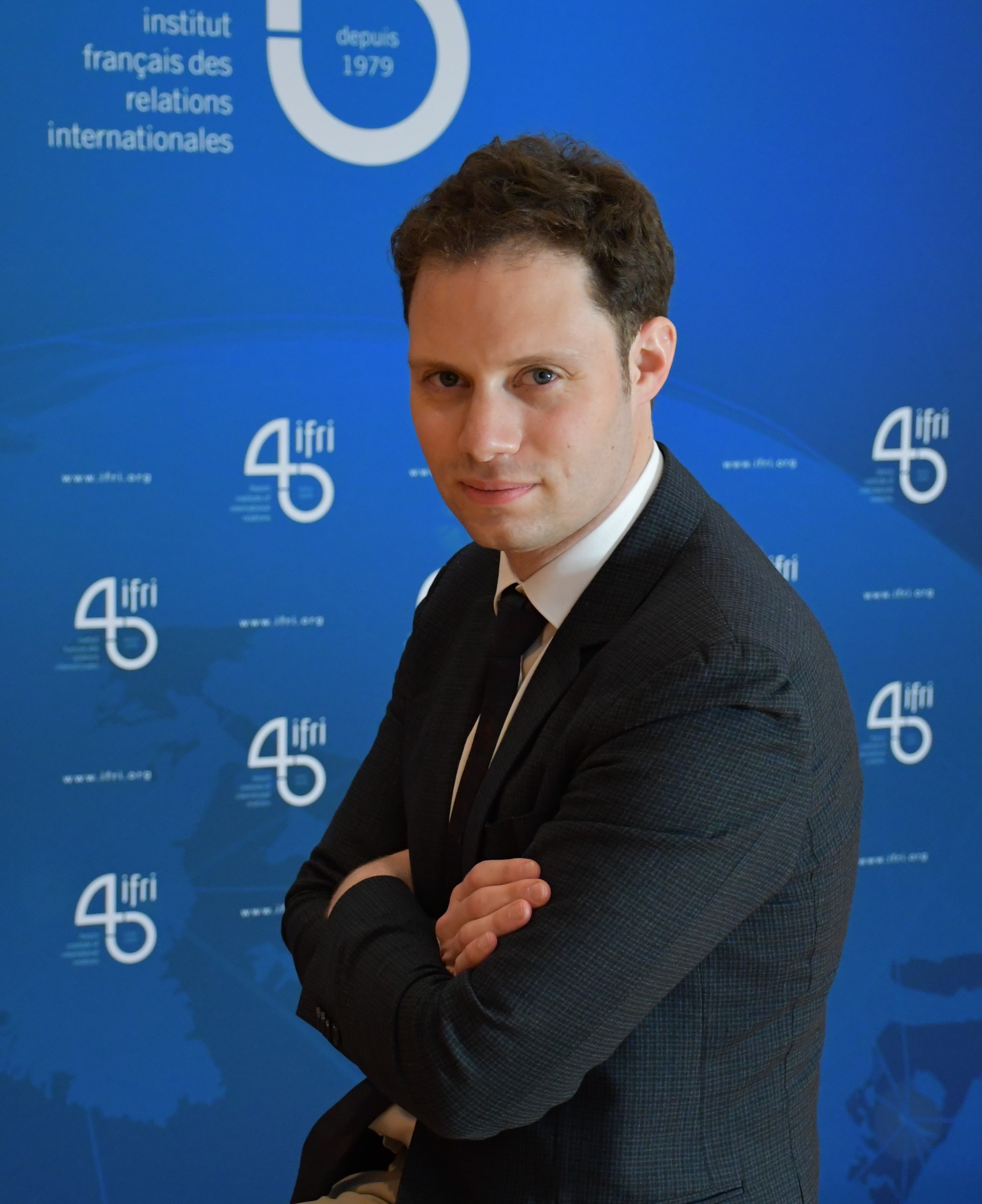
Director of Ifri’s Security Studies Center
Related research programs
Publications
See all our interventions
Flagship Publications
Titre Bloc Axe
Research areas
See all our interventions
Titre Axe de recherche
Wars and Conflicts
The geography and modalities of wars and armed conflicts evolve according to the international system. If irregular wars and asymmetric conflicts persist, high-intensity wars are increasing while crises take new forms under the effect of hybrid threats.
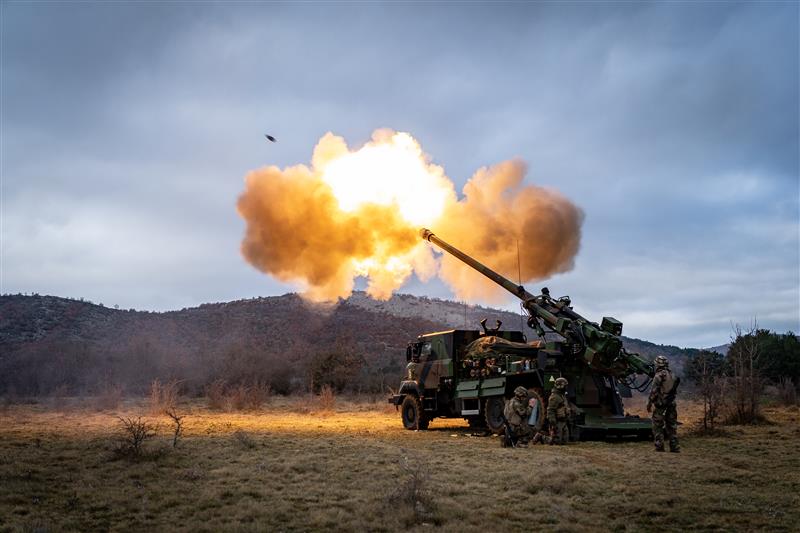
Titre Axe de recherche
International Security and Defense Policy
The analysis of international security issues involves studying the security and defense policies implemented by States in light of the dynamics of cooperation or competition. It must also integrate the role of international organizations and non-state actors.
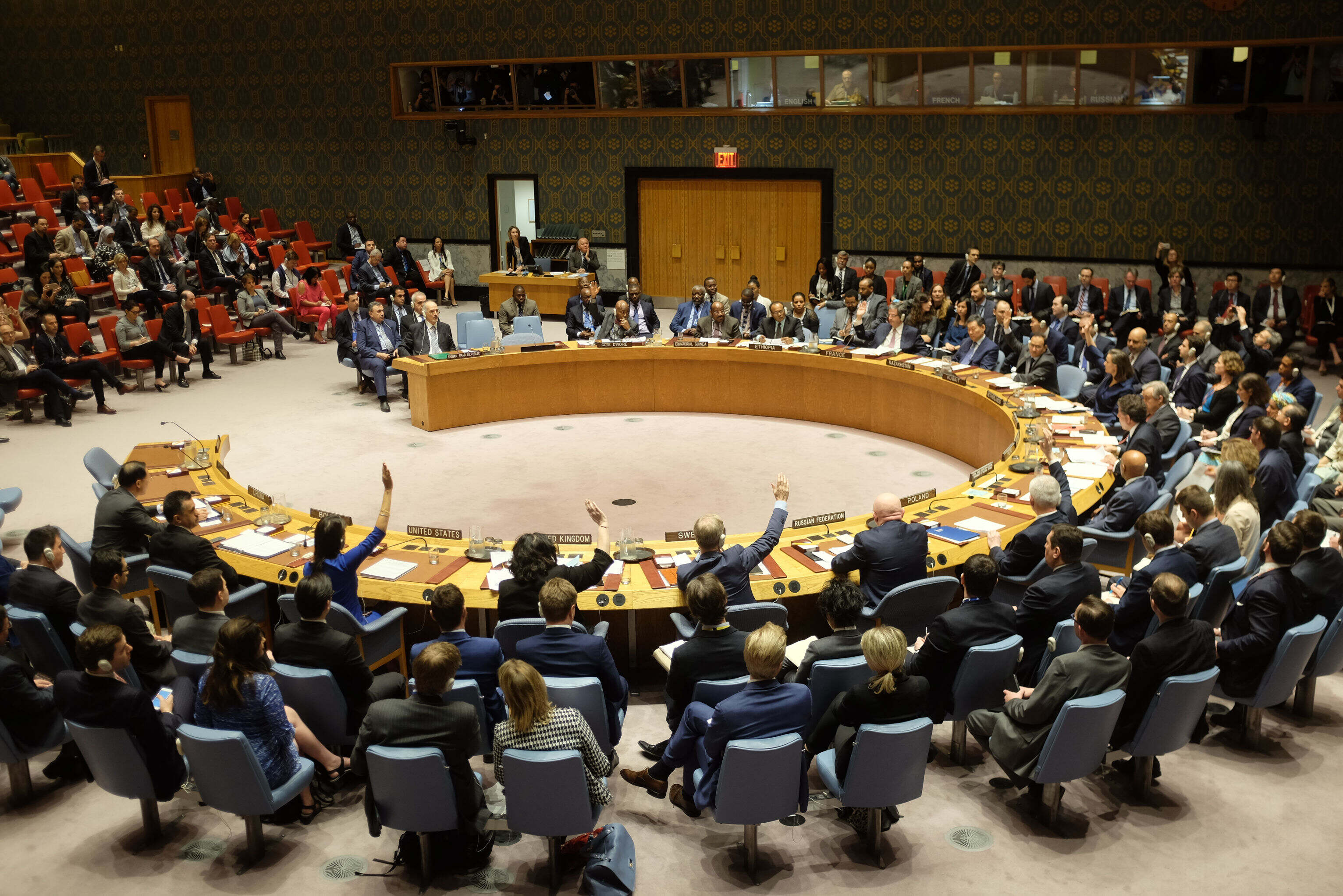
Titre Axe de recherche
Armament and Defense Technology
Contemporary armies are increasingly defined by their ability to innovate and integrate cutting-edge technologies such as cyberweapons, space systems, or even drones and artificial intelligence, which pose new operational and ethical challenges for combatants.
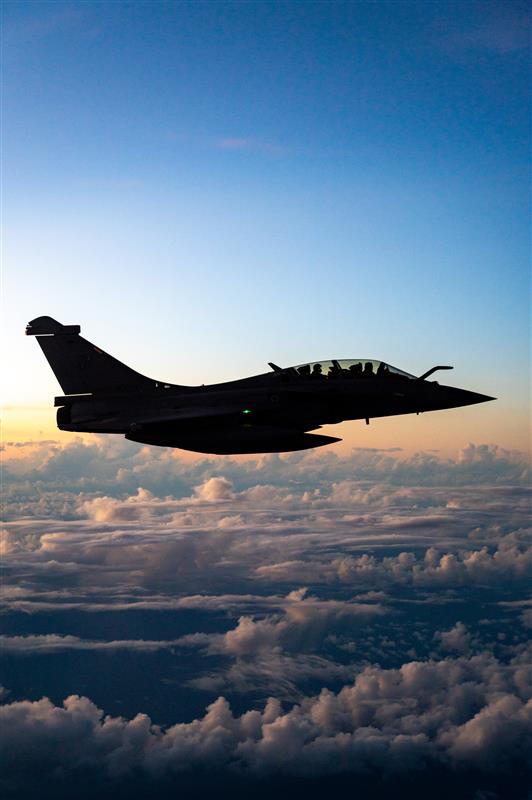
Titre Axe de recherche
Military Strategies and Armed Forces
As military competition increases, armies transform and adapt their strategies. Doctrine, organization, equipment and training are key axes for understanding the evolution of land, air and naval forces.
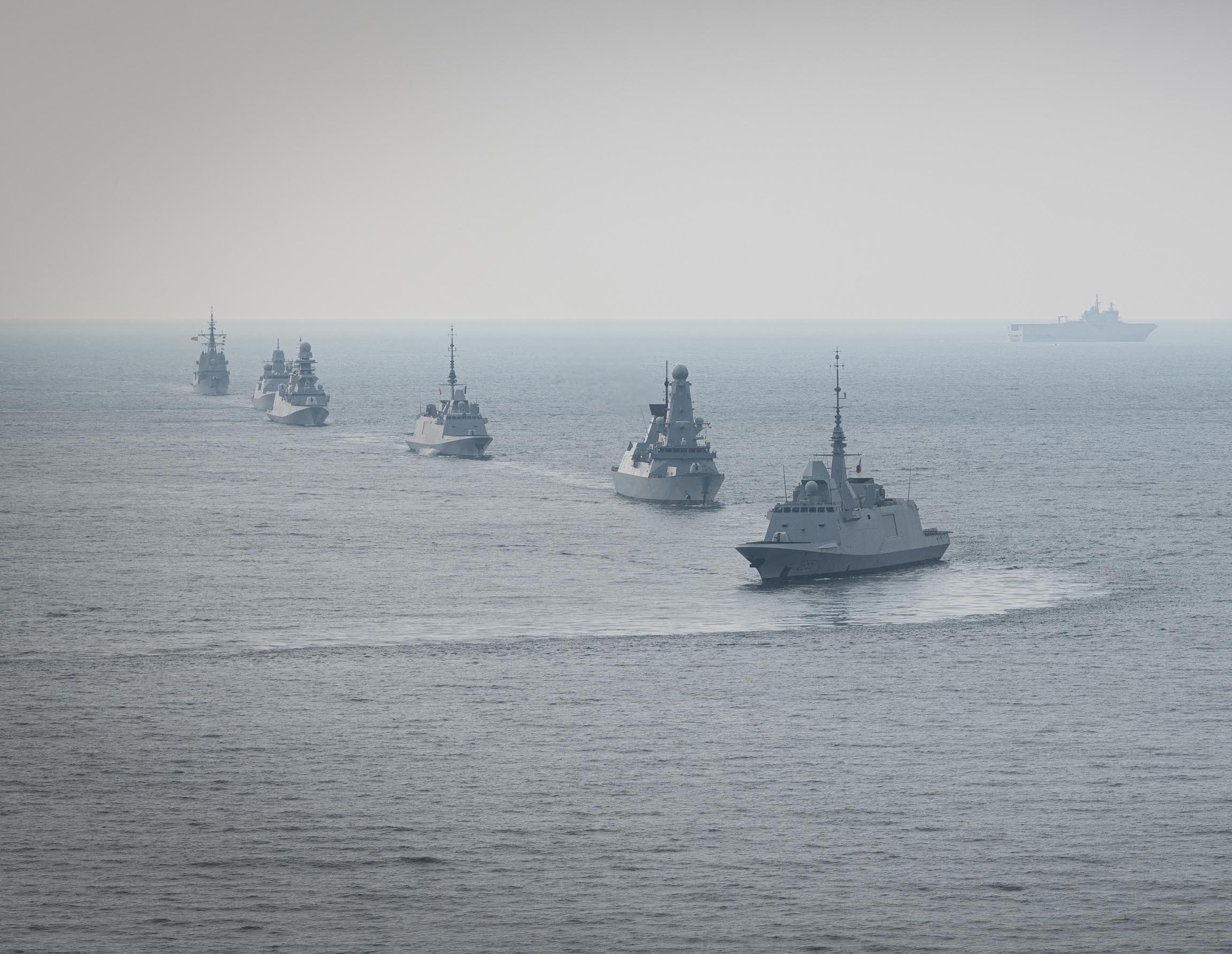
Publications
Candide in Congo. The expected failure of Security Sector Reform (SSR)
From Afghanistan to the Central African Republic, through Haiti and Guinea Bissau, 'failed' or fragile states have finally turned out to be much more resilient than planned to the Security Sector Reforms (SSR) and other imported reforms of governance. Their ability to let any reform coming from abroad sink, to block or twist such initiatives strongly contrasts with the weakness of their human and financial resources. The example of the Democratic Republic of Congo illustrates the difficulties which are inherent to the concept of SSR.
La notion de partage capacitaire en question
In Europe and to a lesser extent in the rest of the world, the last decades have been characterized by two concomitant phenomena : the increasing cost of armament technology which has become always more sophisticated as well as the reduction in the strength of national armed forces and in their budget. In that context of restrictions, the implementation of armament programs in a strictly national framework appears to be more and more problematic. Resorting to co-operation and harmonizing the needs of the different armed forces turns out to be a "pressing necessity" or at least a pragmatic solution to many recurring difficulties.
L'aide au développement face à la guerre
Development aid has progressively penetrated the fields of conflicts and "fragility". It tends to become a key component of external interventions, next to military action and diplomacy. As a result, it is subjected to the final goals of those operations which, beyond the end of confrontations and the setting up of a political solution, aim at building peace.
Du bon usage de la terreur
What is the role of terror in wars in general and in asymmetric conflicts in particular? Why have democratic countries such as France and the United States been confronted to torture in Algeria and Irak? Do terrorists have to be "terrorized"? That article aims at exploring some lines of enquiry in order to answer those particularly sensitive issues.
Birthing Athena. The Uncertain Future of European Security and Defense Policy (ESDP)
Birthing Athena. The Uncertain Future of European Security and Defense Policy (ESDP)
Stabiliser autrement ? Les équipes provinciales de reconstruction (PRT) en Afghanistan
Jadis simple corollaire de l'action militaire, ce qu'il est convenu d'appeler la bataille des cœurs et des esprits constitue désormais l'un des enjeux principaux du conflit et en tout état de cause, l'enjeu majeur de la sortie de crise. Bien que préparée dès le temps de paix, la relation entre acteurs civils et militaires peine traditionnellement à se mettre en place sur les théâtres d'opérations, tant les modes opératoires des uns et des autres sont différents. Justement conçues pour dépasser ces divergences en Afghanistan, les équipes provinciales de reconstruction (PRT) représentent aujourd'hui l'outil de terrain le plus abouti en matière de coopération civilo-militaire.Malgré les ambiguïtés qui persistent entre aide humanitaire et objectifs militaires, en dépit également de résultats aléatoires et de certaines polémiques concernant la pertinence même du concept, les PRT s'étendent progressivement à tout l'Afghanistan qui fait désormais figure de laboratoire pour les stratégies de sortie de crise, au point de poser la question de la portée véritable de l'instrument pour les opérations de stabilisation à venir.
L'interarmées aux États-Unis - rivalités bureaucratiques, enjeux opérationnels et idéologie de la jointness
Thème lancé pendant les années 1980 et constamment repris depuis, érigé en obligation impérieuse et presque en dogme pendant l'ère Rumsfeld, l'interarmisation ou jointness s'inscrit en réalité dans un débat ancien et même récurrent qui, par-delà MacNamara, remonte aux débuts de la guerre froide et même en-deçà.
Après l'échec. Les réorientations de Tsahal depuis la deuxième guerre du Liban
La commission Winograd a mis en avant certains dysfonctionnements de l'armée israélienne au cours du conflit de l'été 2006. Les errements du processus de décision stratégique ont également été dénoncés. Depuis lors, les causes de l'échec de la guerre contre le Hezbollah ont été analysées et des réorientations majeures ont été engagées.
The Team

Our research fellows: Security Studies Center
Support independent French research
Ifri, a foundation recognized as being of public utility, relies largely on private donors – companies and individuals – to guarantee its sustainability and intellectual independence. Through their funding, donors help maintain the Institute's position among the world's leading think tanks. By benefiting from an internationally recognized network and expertise, donors refine their understanding of geopolitical risk and its consequences on global politics and the economy. In 2024, Ifri will support more than 70 French and foreign companies and organizations.










